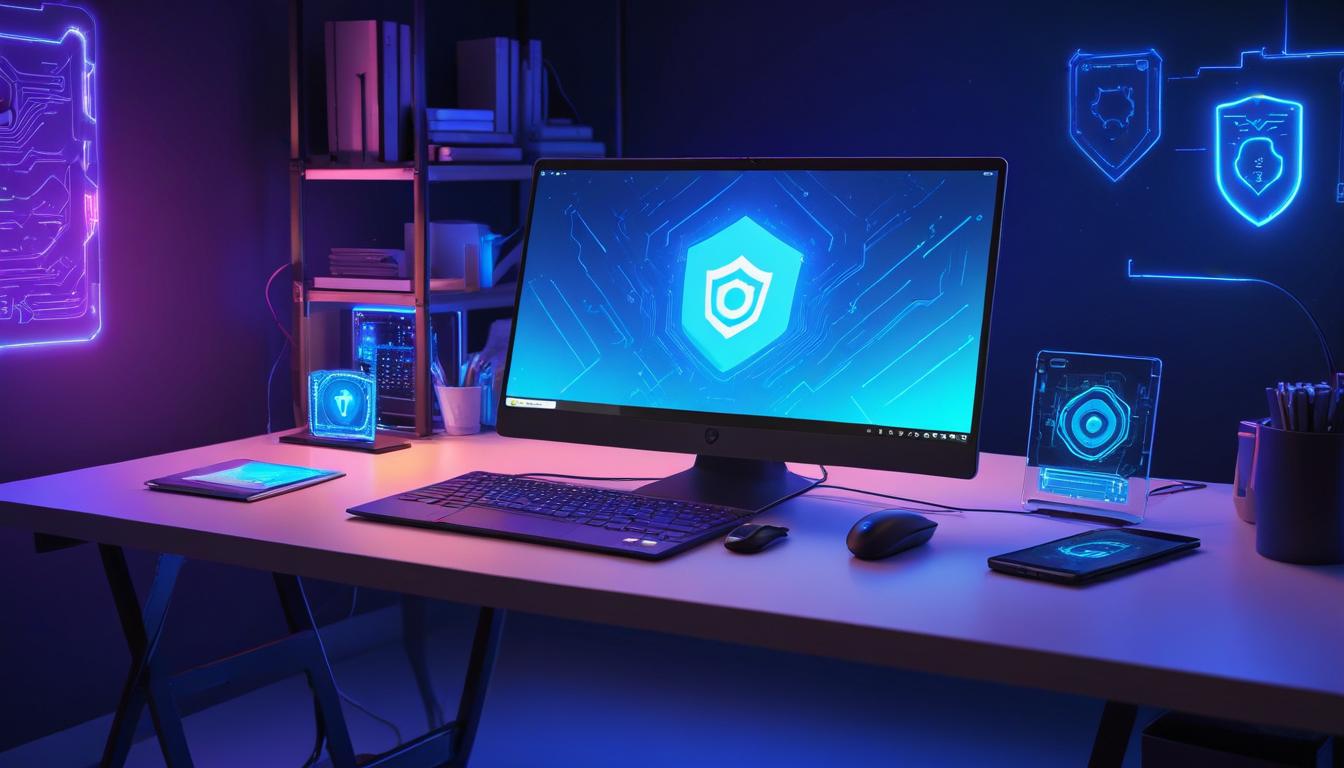The intersection of Bitcoin security and hardware infrastructure represents a critical consideration for anyone serious about their cryptocurrency operations. As the digital asset landscape evolves, the importance of maintaining dedicated hardware setups for Bitcoin operations has become increasingly apparent, warranting a detailed examination of the various approaches and considerations involved.
The concept of a dedicated Bitcoin computer system stems from the fundamental principle of isolation in digital security. By segregating Bitcoin operations from general-purpose computing activities, users can significantly reduce their attack surface and minimize exposure to potential security threats. This approach represents a practical implementation of the principle of least privilege, where systems are configured to perform only the specific functions required for Bitcoin operations.
When considering hardware solutions for Bitcoin operations, the choice of operating system plays a crucial role. While Windows-based systems present certain vulnerabilities and security concerns, Unix-based systems like macOS and Linux distributions offer more robust security architectures. These systems provide better process isolation, more granular permission controls, and typically face fewer malware threats compared to their Windows counterparts.
The implementation of a dedicated Bitcoin system requires careful consideration of both hardware and software components. Modern hardware should provide sufficient processing power and memory to handle wallet operations, signature verification, and potentially node operations, while maintaining reasonable power efficiency. The software stack should be minimalist, including only essential components such as wallet software, hardware wallet interfaces, and potentially node software if running a full node.
Security considerations extend beyond just the choice of hardware and operating system. The practice of air-gapping – physically isolating a computer from unsecured networks – represents an additional layer of security that can be crucial for high-value operations. This approach, combined with hardware wallets, creates a robust security model that significantly reduces the risk of remote attacks.
Hardware wallet integration represents another critical aspect of a secure Bitcoin setup. Modern hardware wallets like Coldcard, Trezor, and Blockstream Jade provide secure key storage and transaction signing capabilities. When combined with a dedicated computer system, these devices create a powerful security model where private keys never touch the potentially vulnerable computer system.
The role of software wallets and node software in this ecosystem cannot be understated. Applications like Sparrow Wallet provide robust interfaces for hardware wallet interaction while maintaining high security standards. Running a full node, while resource-intensive, offers the highest level of transaction verification security and network participation.
Cost considerations often influence the choice of hardware platform. While new hardware provides certain advantages, properly configured used or refurbished equipment can offer similar security benefits at a lower cost point. The key factors are the ability to run current software securely and maintain system integrity over time.
The maintenance and updating of a dedicated Bitcoin system requires ongoing attention. Regular security updates, careful monitoring of software dependencies, and periodic security audits help ensure the system remains secure over time. This includes staying informed about security vulnerabilities and implementing appropriate mitigations as they become available.
Looking toward the future, the evolution of Bitcoin technology may influence hardware requirements and security considerations. As transaction volumes grow and new features are implemented, hardware capabilities may need to scale accordingly. Additionally, emerging security threats may require new mitigation strategies and hardware capabilities.
In conclusion, the implementation of a dedicated Bitcoin computer system represents a significant but worthwhile investment in security. By carefully selecting hardware, operating system, and software components, users can create a robust environment for managing their Bitcoin operations while minimizing security risks. The key lies in finding the right balance between security, usability, and cost while maintaining the system’s integrity over time.



